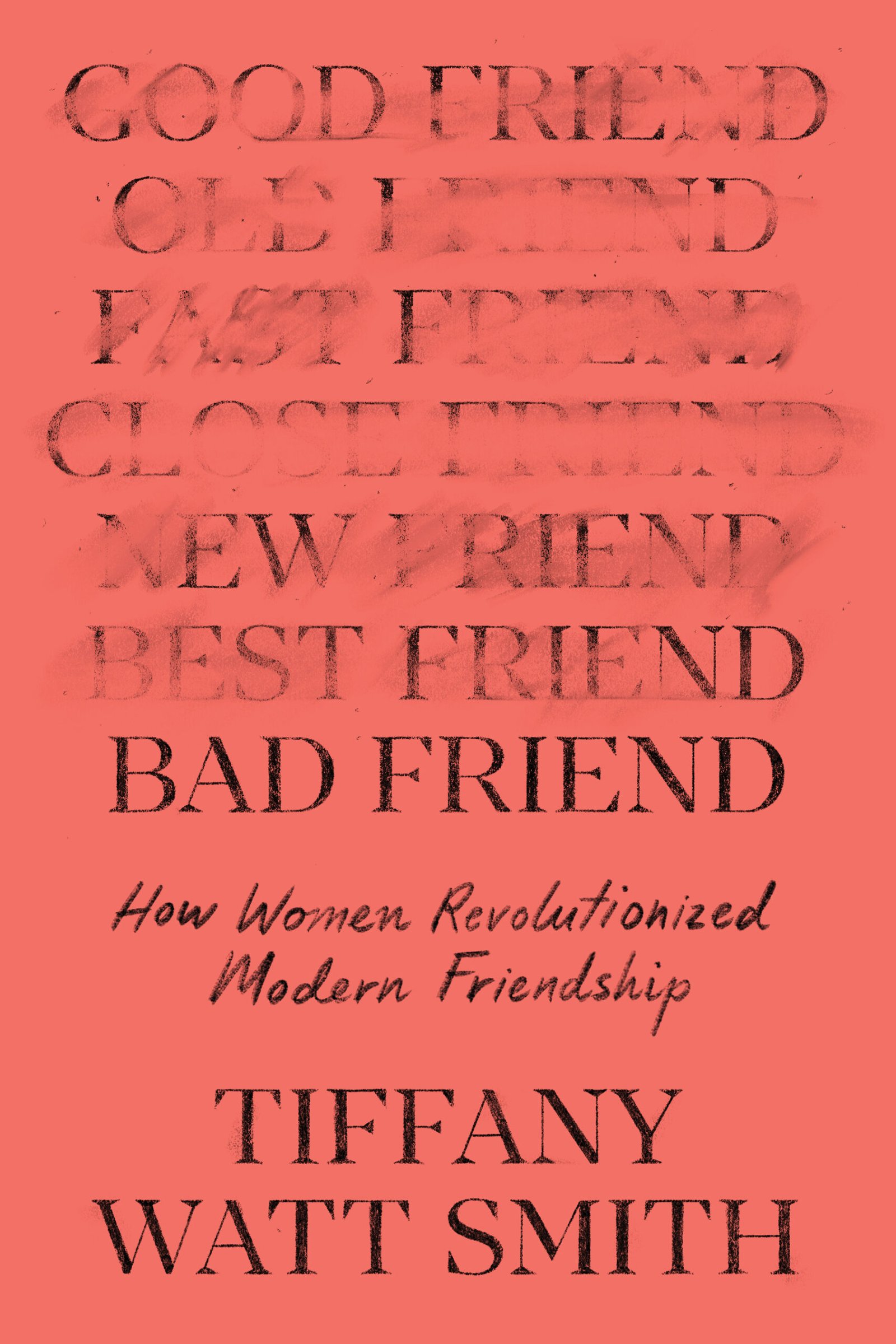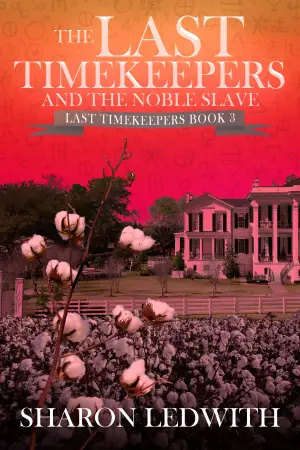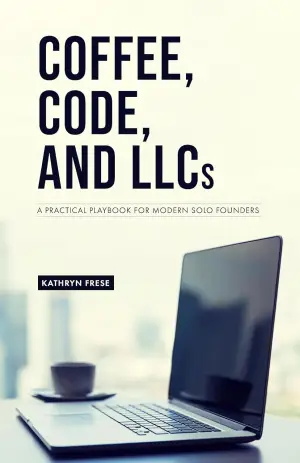Unpacking Friendship in Bad Friend: A Journey Through Modern Connection
When I stumbled upon Bad Friend: How Women Revolutionized Modern Friendship by Olivia Smith, I felt an immediate spark of curiosity. As a woman navigating the complexities of friendship, the very title resonated with me. Friendship has often felt like a tightrope walk—difficult to maintain and rife with expectations. Smith’s exploration of this theme promised to shed light on a topic I’ve grappled with since my teenage years. But as I flipped through its pages, I found myself on an unexpectedly bumpy ride.
At its core, Bad Friend challenges the romanticized ideal of the “best friend.” Smith artfully illustrates how this figure is akin to a fairytale prince: impractical, idealized, and ultimately fallible. She argues that while modern feminism has debunked the myth of the prince, it has inadvertently perpetuated the unrealistic expectations associated with friendship. Many of us, myself included, have lived through cycles of hope and disappointment, idolizing the notion of a “best friend” who bears no personal needs and provides unwavering support. It’s a setup for inevitable letdown, leaving us measuring the worth of our friendships with an unhealthy yardstick.
However, while this central thesis is thought-provoking and relevant, I found the execution lacked finesse. The book employs a chronological framework divided into thematic chapters that often left me scratching my head. It felt disjointed; themes popped in and out without cohesion, as if the narrative was determined to play hopscotch rather than embrace the fluid nature of female friendship through the ages. By the time I reached a particularly enlightening conclusion about the simplicity of being a good friend—honesty, presence, and open communication—I couldn’t help but feel it should’ve been the book’s guiding thread. Instead, it arrived far too late, hidden among chapters on communes and artificially intelligent friends. The world doesn’t need another chapter on AI, especially when attempting to dissect the depths of human relationships.
That said, Bad Friend sparked critical reflections on how we relate to one another—not only among women but across all types of relationships. Smith’s observations are powerful reminders of the emotional labor involved in friendships and how easy it is to slip into resentment or misunderstandings. Her assertion that we must confront uncomfortable truths to foster genuine connections resonates deeply with me.
Despite its flaws, I can’t help but feel excited about the conversations this book will undoubtedly ignite. It lays an essential groundwork for future explorations of friendship dynamics. As I closed the book, I found myself wishing I’d had these insights in my teenage years; perhaps my friendships would have thrived instead of merely survived.
In conclusion, I’d recommend Bad Friend for those who are willing to traverse the messy terrain of female friendship and examine their own expectations and experiences. While the execution may not be perfect, the themes it raises are vital and necessary for today’s conversations surrounding relationships. There’s potential here for more writers to build upon Smith’s thesis and deliver deeper, more cohesive explorations of friendship in the future. Though I walked away from the book somewhat disappointed in its layout, I genuinely feel empowered to be a more honest friend, and for that, I’m grateful.
Discover more about Bad Friend: How Women Revolutionized Modern Friendship on GoodReads >>







